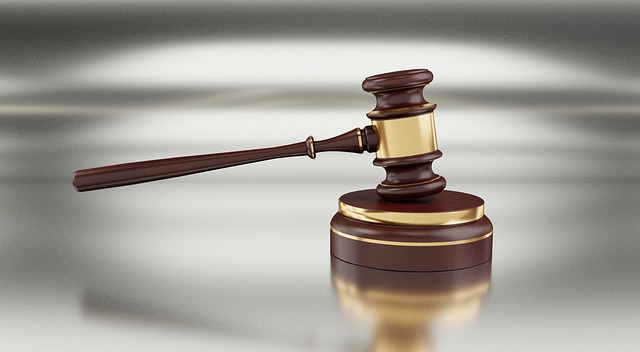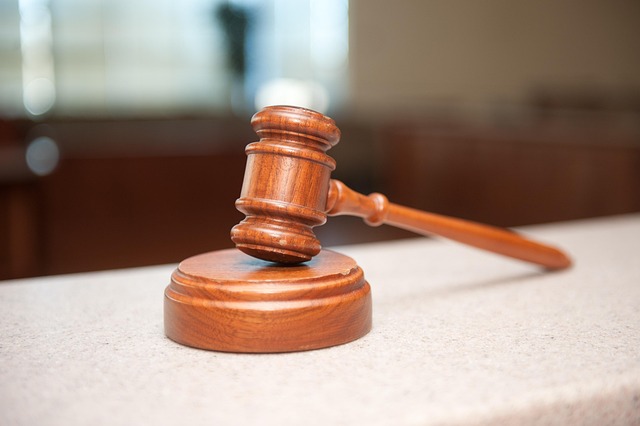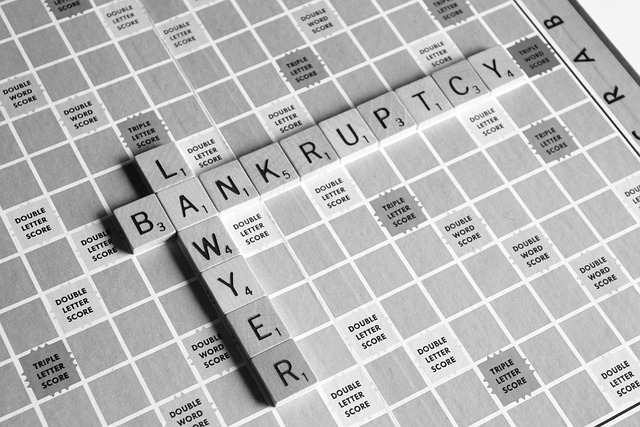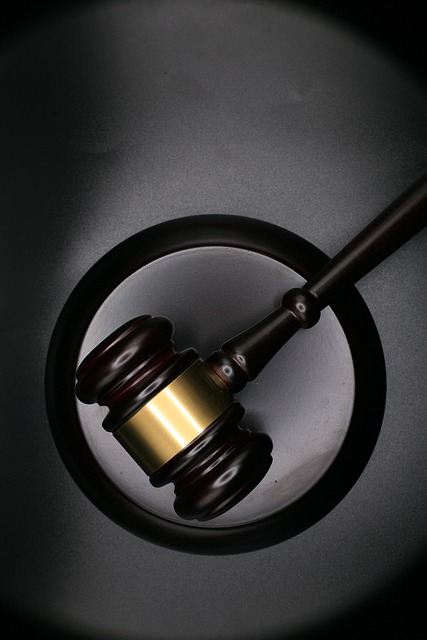Environmental Crime Trials balance ecological protection and property rights through strict liability rules and specialized legal expertise. These cases involve complex investigations, expert testimony, and strategic arguments over land use, addressing ownership disputes in harmony with ecosystem health. Restorative Justice offers an alternative approach, prioritizing healing and reconciliation for environmental offenses impacting property rights.
Environmental Crime Trials delve into the intersection of environmental protection and justice, examining cases where individuals or entities violate environmental laws. This article explores defining these trials, their legal framework, and unique perspectives on property ownership disputes. We analyze the balance between Legal Rights in property ownership conflicts and environmental conservation, courtroom challenges in proving crimes, and the emerging concept of restorative justice for victims of environmental offenses.
- Defining Environmental Crime Trials: Legal Framework
- Property Ownership Disputes: A Unique Perspective
- Legal Rights: Balancing Environmental Protection and Ownership
- Courtroom Challenges in Proving Environmental Crimes
- Restorative Justice: Reparations for Victims of Environmental Offenses
Defining Environmental Crime Trials: Legal Framework

Environmental Crime Trials are legal proceedings that focus on criminal offenses against the environment, ranging from pollution and waste management to habitat destruction and illegal logging. Defining these trials involves understanding a complex interplay between environmental protection laws and criminal justice systems. The legal framework governing such cases is multifaceted, encompassing both federal and regional legislations designed to safeguard natural resources and ecosystems.
These trials are typically driven by the need to address growing concerns over corporate accountability in environmental degradation. Key components include strict liability rules, which hold companies and individuals responsible for environmental damages regardless of intent, and civil remedies that offer victims a chance to seek compensation for harm caused to their legal rights in property ownership conflicts. The process often involves detailed investigations, expert testimony, and, in serious cases, jury trials where the burden of proof lies with the prosecution. Unlike white-collar defense strategies focused on complete dismissal of all charges through technicalities or questioning evidence integrity, environmental crime trials aim to hold offenders accountable for their actions’ ecological impact.
Property Ownership Disputes: A Unique Perspective

In environmental crime trials, property ownership disputes often present a unique perspective within the legal landscape. These conflicts go beyond traditional land disagreements and delve into complex issues of ecological preservation and justice. When natural resources or contaminated lands are at stake, the stakes are high, and the legal rights of all parties must be carefully considered. Understanding the intricate relationship between environmental protection and property ownership is crucial for achieving fair and sustainable resolutions.
A general criminal defense strategy may not suffice in these cases. Winning challenging defense verdicts requires a nuanced approach that balances the interests of various stakeholders. An unprecedented track record of successful environmental crime trials demonstrates the importance of legal expertise tailored to these unique circumstances. By navigating this complex web, attorneys can ensure that property ownership disputes are resolved in a manner that respects both individual rights and the broader ecological health of communities and ecosystems.
Legal Rights: Balancing Environmental Protection and Ownership

In environmental crime trials, one of the most complex aspects involves balancing the protection of the environment with the legal rights of property owners. When a dispute arises between these two interests, it can lead to heated debates and, ultimately, court cases. Property owners often argue that strict environmental regulations infringe upon their rights, especially when it comes to land use and development. They may seek complete dismissal of all charges, contending that such measures hinder their ability to utilize and manage their property as they see fit. However, the broader objective is to achieve extraordinary results—a harmonious coexistence where environmental preservation does not come at the expense of ownership rights.
The challenge lies in navigating these conflicting interests. Judges and lawyers must interpret laws and regulations with sensitivity, ensuring that environmental protection measures are proportional and do not result in an unfair loss for property owners. For his clients, achieving a balance between these seemingly opposing forces is crucial. It requires strategic legal arguments that consider both the health of ecosystems and the economic viability of properties, ultimately fostering a sustainable future where legal rights and environmental stewardship can coexist peacefully.
Courtroom Challenges in Proving Environmental Crimes

Proving environmental crimes in court presents a unique set of challenges for prosecutors. Unlike traditional criminal cases, these trials often involve complex scientific evidence and require a deep understanding of ecological systems. The defense teams in high-stakes cases can employ sophisticated strategies to discredit experts and challenge the interpretation of data, making it crucial for prosecutors to be well-versed in both law and environmental science. One significant hurdle is establishing liability, especially when dealing with corporate defendants; proving intent and direct involvement can be difficult, as these crimes often involve intricate corporate structures and property ownership conflicts where legal rights are vigorously defended.
Achieving extraordinary results in these trials demands a meticulous approach. Prosecutors must navigate the intricate web of regulations and prior cases to construct a compelling narrative that connects the accused to the environmental harm. The support of expert witnesses, sound forensic analysis, and strong witness testimonies become indispensable tools. Additionally, involving and educating the public about the implications of such crimes can foster a sense of accountability among philanthropic and political communities, ensuring that justice is not only served but also encourages proactive measures to prevent future ecological damage.
Restorative Justice: Reparations for Victims of Environmental Offenses

In the realm of environmental crime trials, Restorative Justice emerges as a powerful concept, offering a unique approach to reparations for victims affected by unethical and illegal acts. This paradigm shift focuses on healing and reconciliation, ensuring that those impacted by environmental offenses are not just compensated but also have their legal rights in property ownership conflicts upheld. Unlike traditional punitive measures, Restorative Justice emphasizes accountability, empathy, and the restoration of balance within communities.
By implementing this model, high-stakes cases involving white-collar and economic crimes can achieve extraordinary results. It encourages open dialogue between perpetrators, victims, and communities, fostering an environment where understanding and cooperation thrive. This process enables the resolution of property disputes arising from environmental offenses, providing a sense of justice for affected individuals while also promoting sustainable practices for future prevention.
Environmental Crime Trials bring a unique lens to property ownership disputes, highlighting the delicate balance between environmental protection and individual rights. By understanding the legal framework, addressing courtroom challenges, and exploring restorative justice, these trials ensure that both victims of environmental offenses and property owners have their legal rights considered. As we navigate these complex cases, it’s crucial to recognize the importance of balancing ecological preservation with fair compensation, fostering a more sustainable and just society. This approach not only addresses past transgressions but also guides future decisions, ensuring environmental protection without disregarding property ownership conflicts.






